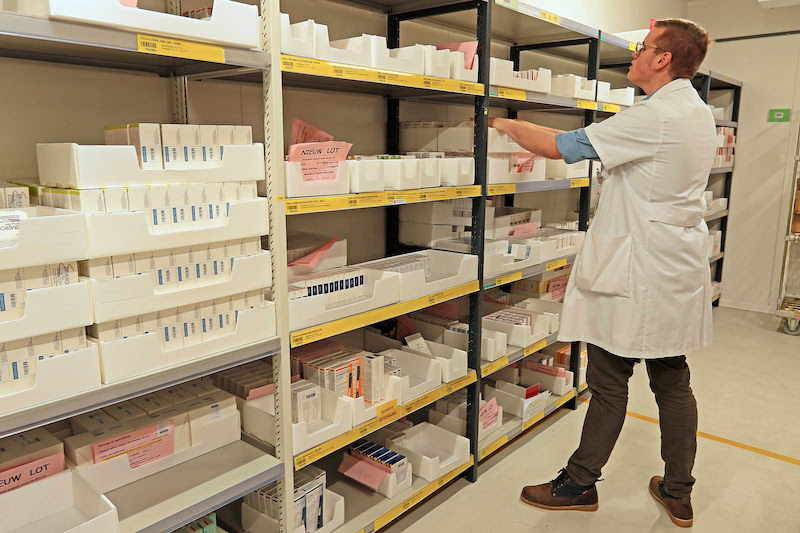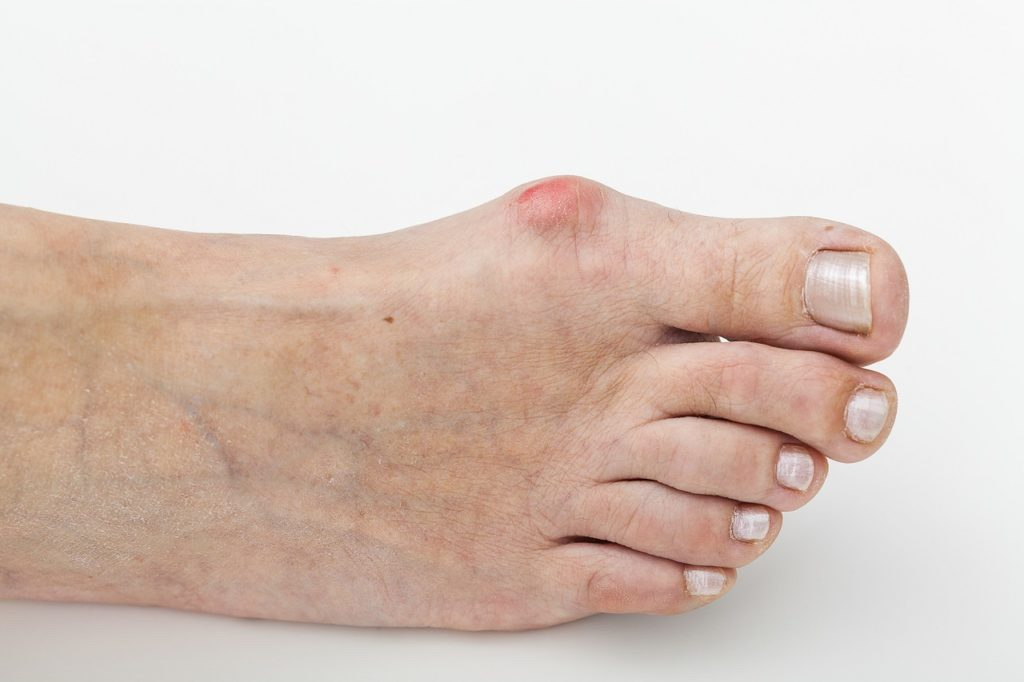
Irritable man syndrome: Is it a reality or fiction?
You may have heard or even have realized the bad mood that certain men experience, as they get older.
Many are the causes that may awake this change in mood, even in the behaviour. Some of them are the family environment, dismissal of professional activity, future prospects, among many others. However, there are also physiological changes that can lead to emotional disorders; not only neurological disorders such as dementia or Alzheimer but also hormone deficiency, which plays an important role too.
Statistics show that 45% of men suffer a decrease in testosterone levels although we do not really know why it occurs.
Sometimes it may be due to a testicular or pituitary disorder; in others, it may be secondary, or to other organic disorders such as obesity, hypertension or diabetes. Testosterone deficiency relates to other problems such as decreased muscle mass, osteoporosis, liver dysfunction, sexual dysfunction and even impotence.
When we talk about hormonal alterations, we cannot help but compare it with menopause in women, but is it really the same? Definitely not.
Menopause VS irritable man syndrome
In the female menopause, hormonal changes are very abrupt, resulting in highly visible changes such as hot flashes or loss of menstruation. In a man, when hormone drop by testosterone occurs, the changes are much more discreet.
A man usually visits his doctor presenting erection problems, impotence sometimes, but never his mood becomes unbearable. It is his family and environment who actually suffer it.
However, when the patient is asked about his emotional state, his reactions or irritability degree, it is when he realizes that something has changed.
Although there is no clear evidence of the relationship between low testosterone levels and modifications in behaviour, it is clear that when we can demonstrate through appropriate blood analysis his deficit, the medical treatment, which comprises administering testosterone either by injection or by patching, improves his mood, fatigue, depression and erectile dysfunction.
In conclusion, we can say that while low testosterone levels suppose a proven cause of a perfectly identifiable clinical picture in the adult male – being its diagnosis very simple, “a simple blood analysis” -, we must pay attention to those other factors that may influence our health as we grow older.
Although our obligation as urologists is to focus on the hormonal changes that occur, we must not forget that physical activity, a proper diet, weight control, or avoiding toxic habits like alcohol or tobacco, are factors that help to find ourselves healthy and, therefore, feel better and arguably less irritable.
Dr. Bartholomé Lloret
Urologist, Head Manager at Centro de Salud para el Hombre.
Hospital Vithas Medimar Internacional. Alicante.




